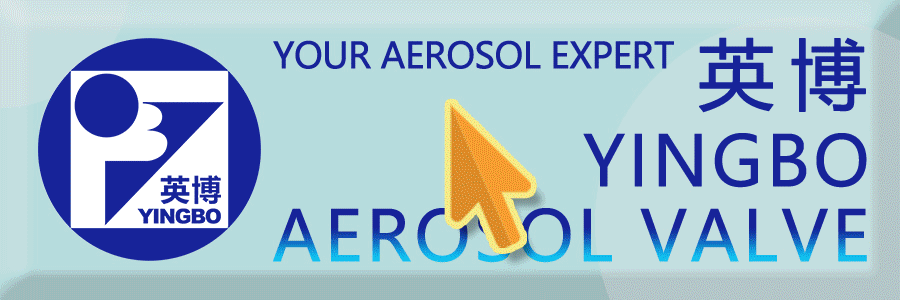Unilever calls on industry associations to offer greater sustainability support

The corporation said that it has taken strides in its own operations, lowering emissions by over two-thirds since 2015, but that it needs to act well beyond our factory walls.
"For Unilever to deliver on our climate goals, we need supporting government action," said Rebecca Marmot, chief sustainability officer at Unilever. "Strong climate policies will help create the right environment for businesses to act at speed and scale. They are also vital for the wider global transition to net zero. This is why we advocate and lobby for policies that advance the goal of limiting global warming to no more than 1.5°C. But one business, no matter how big, cannot drive change alone."
Marmot added that, for effective advocacy, the corporation needs support from industry associations.
"In our first Climate Policy Engagement Review, we have explored the role industry associations can play in helping shape climate policy, with a specific focus on their alignment with Unilever’s own advocacy work," she said.
"Our independent review assessed 27 of the associations we work with, looking at their positions and statements, but also – critically – at their public record of activity in 2022 and 2023.
"It is no longer good enough for industry groups to simply say they are Paris Agreement aligned; words must be matched with action. We also hold ourselves to account, publishing a list of engagement activities that Unilever carried out directly with governments across our top markets."
The research found that, although 18 industry associations were aligned with all of Unilever’s climate policy positions, eight of them have no public record of meaningful engagement with governments, and a further four have low engagement.
Unilever also found that eight industry associations were misaligned with Unilever in one or more of its priority policy areas, which Marmot said is a concern.
"But it’s also a reflection of the reality that in many cases industry associations are juggling competing internal and external pressures, which often results in a ‘lowest common denominator’ outcome, something we explore in the review," she added.
"Associations can be powerful agents of change, but some are passive at best, or a hindrance at worse. These associations can and should do better and we want to make sure those we’re working with address this."
The review outlines actions Unilever will take to address misalignment and highlight some already taken. These include working with industry associations to ensure they revisit climate policy positions, establish climate subcommittees and step up transparency around lobbying activity.
"We know that becoming fully aligned will not be straightforward, but over the next 12 months we will focus our attention on the practical and realistic actions associations can take. We want our associations to be catalysts for positive policy change, and if they can’t, then we reserve the right to withdraw our membership fees," said Marmot.











